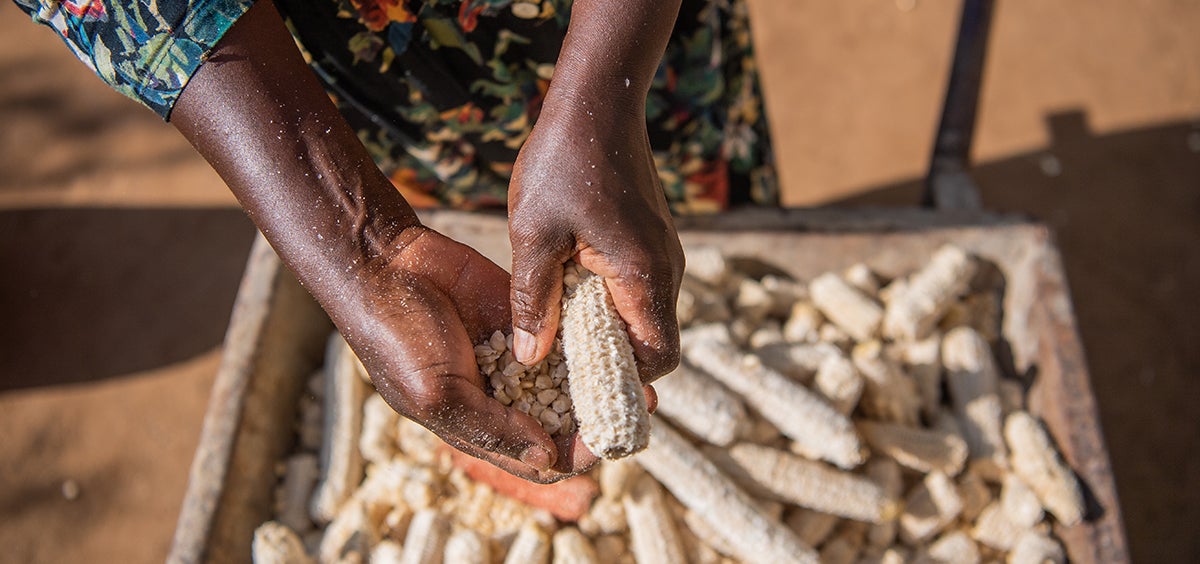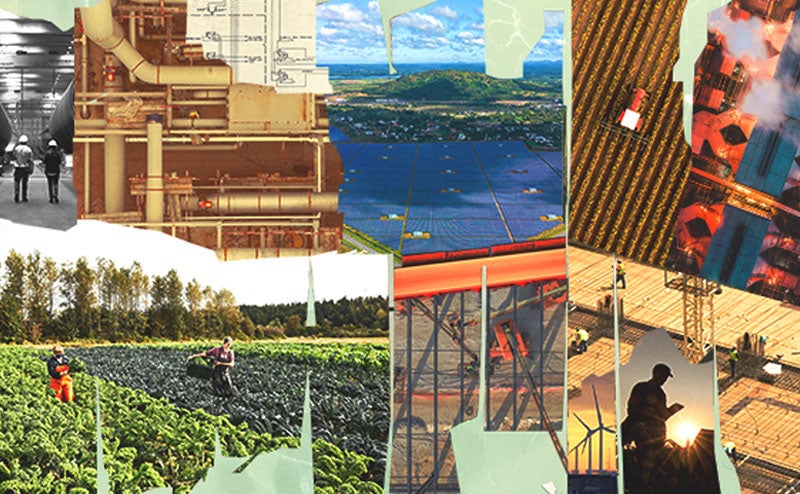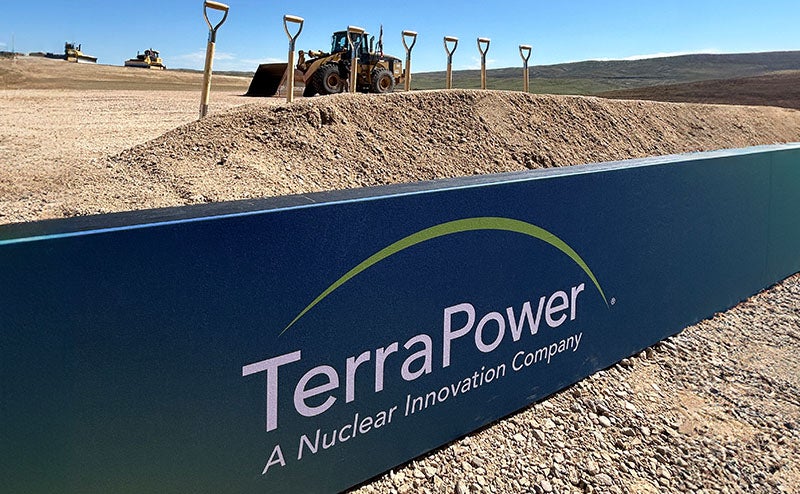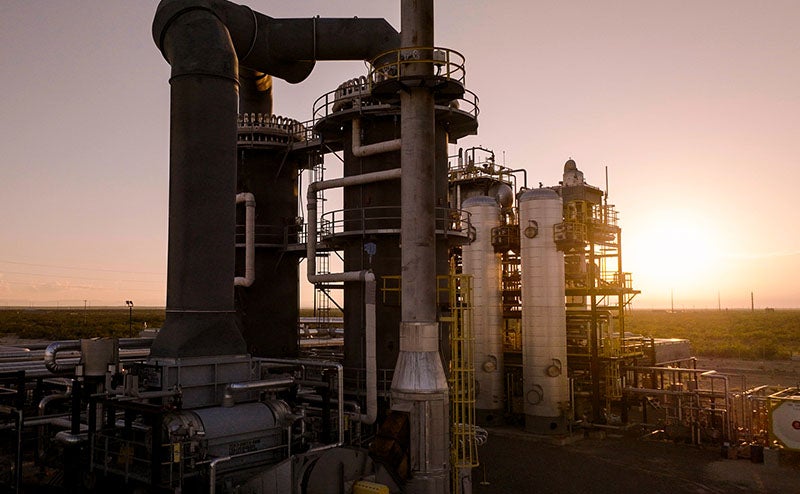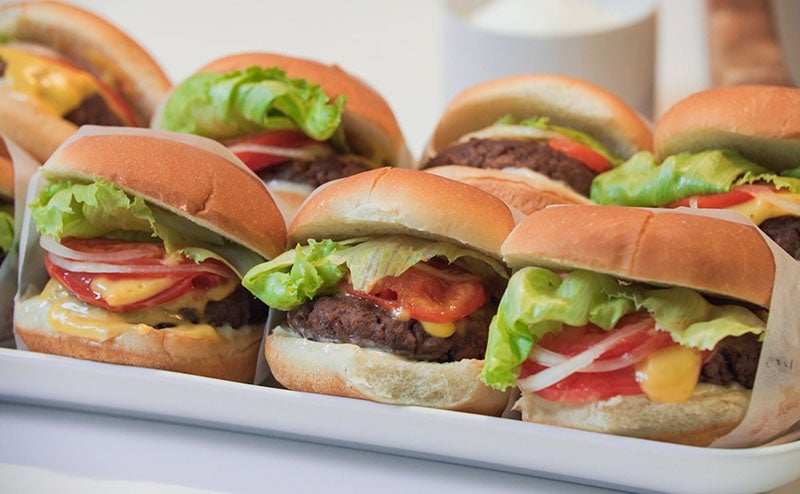We believe that progress should benefit everyone, everywhere.
If you follow the news on climate change (and maybe even if you don’t), your news feed has probably been filled with the acronym COP lately. That’s the Conference of Parties, the United Nations’ annual meeting on climate change. This year’s event, COP28, which starts at the end of this week, is an especially important one, and I’ll be traveling to Dubai in a few days to attend.
In all of my speeches, panels, and meetings, I’ll share the same messages:
- Because of a boom in climate-related innovation that started at the Paris COP in 2015, there’s more reason to be optimistic than most people realize.
- But it’s still a big challenge, and since the world has finite resources for fighting it, we need to focus on the efforts that will save and improve the most lives.
- That means funding more innovations that reduce carbon emissions while making clean energy affordable for everyone, help people (especially in poor countries) survive and thrive in a warming world, and continue the world’s progress on fighting disease and poverty.
The point about disease and poverty is especially important. As the world commits more money to dealing with climate change, we need to maintain our efforts to improve health and spark economic growth in poor countries. The people who are dying from malaria or stuck in poverty today are just as important as the grandchildren we’re trying to preserve the climate for. So it’s great that this COP includes a summit on food systems and a day specifically focused on health.
If you want to know more about why I’m optimistic about climate, how it’s connected to health and development, and what we should do next, you can read my Gates Notes post from a couple of weeks ago.
At every COP, a good question is raised about carbon offsets. What are the attendees doing to compensate for all the emissions generated by flying to the United Arab Emirates for this meeting?
It’s great that so much attention is being paid to offsets. They’re a complicated subject, and it’s important to have a conversation about the most effective ways to do offsets. I approach this subject, as I do most tough ones, by using science and data to guide my thinking: What steps will prevent or remove the most emissions for every dollar spent?
Personally, I know I have a high carbon footprint, and I’m taking several steps to reduce my own emissions and offset the ones I can’t eliminate. When I fly, I buy low-carbon sustainable air fuel that’s made from alternatives to fossil fuels. I’ve installed solar panels in my homes and drive an electric vehicle. I’ve paid ClimeWorks several million dollars in the past few years to remove enough carbon from the air to offset the remaining emissions.
Also, although this isn’t related to offsets or reducing emissions, in 2019 I started selling my direct holdings in oil and gas companies because I didn't want to profit from them as the world transitions to clean energy.
I’m lucky that I can afford to pay for offsets. Many of the best approaches, especially the air fuel and carbon removal, are far too expensive to be used widely. I do it because I can and should, and because I want to help these new technologies build a customer base that will drive down the prices and help them reach a broad scale. I expect that my approach will continue to evolve so this funding can have the most impact.
Regardless, none of this reduces the need to develop clean technologies across every sector of the economy. I’ve funded $2 billion in clean-energy technology and plan to fund that much again in the next few years. (I’ll give any profits from these investments back to society through philanthropy.) I’m excited to get to COP, share my optimism about the future, and talk about how we can both avoid a climate disaster and improve life for people today and in the generations to come.
